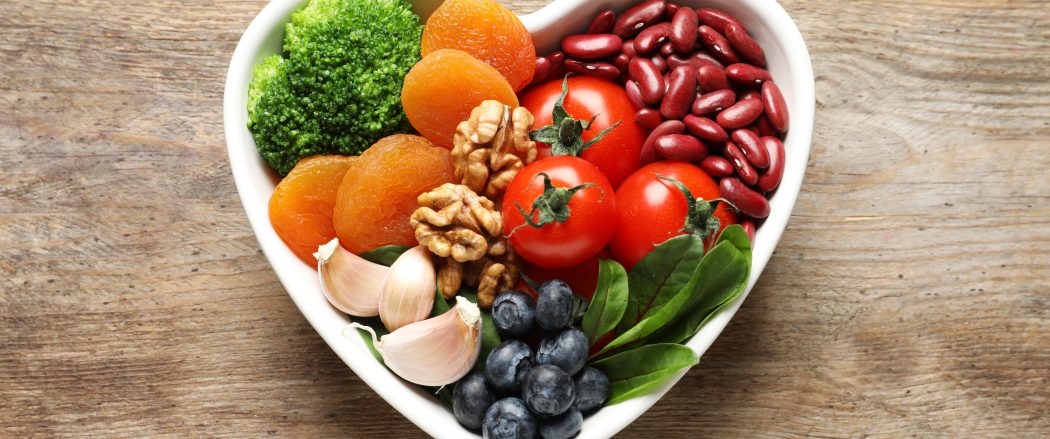The key to a healthy diet is about eating a wide range of foods to make sure your body is receiving all the nutrients it needs.
Maintaining a healthy weight is about eating the right amount of calories for the amount of activity you do. Eating and drinking more calories than you body uses is what causes you to put on weight, as any unused energy is stored in the body as fat.
Most adults in the UK are eating more calories that they actually need. It is recommended that men have around 2,500 calories a day and women around 2,000 calories a day.
Tips:
- Eat higher fibre starchy carbohydrates – Things like potatoes, bread, rice, pasta and cereals. Pick higher fibre or wholegrain varieties, such as wholewheat pasta, brown rice or potatoes with their skins on as these contain more fibre than white or refined carbohydrates and will help you feel full for longer.
- Eat lots of fruit and veg – Try to eat at least 5 portions a day. They can be fresh, froze, dried, tinned or juiced. (Make sure you buy juice not syrup.)
- Eat lots of fish including oily fish – Fish is a great source of protein and contains many minerals and vitamins. Oily fish is high in omega-3 fats, which may help prevent heart disease.
- Cut down on saturated fat – Saturated fat can increase the amount of cholesterol in your blood, which can increase your risk of developing heart disease.
- Cut down on sugar – Eating lots of sugar will increase your risk of obesity and tooth decay. Many processed foods have high levels of sugar so look at food labels to understand just how much they contain.
- Eat less salt – Too much salt can raise your blood pressure which can cause heart disease and increase the risk of having a stroke. About three-quarters of the salt you eat is already in the food when you buy it, so check food labels for lower salt versions.
- Move More – Getting active will help reduce your risk of getting serious health conditions. If you are currently inactive start with short walks and build up the distance you go. Every little bit helps.

